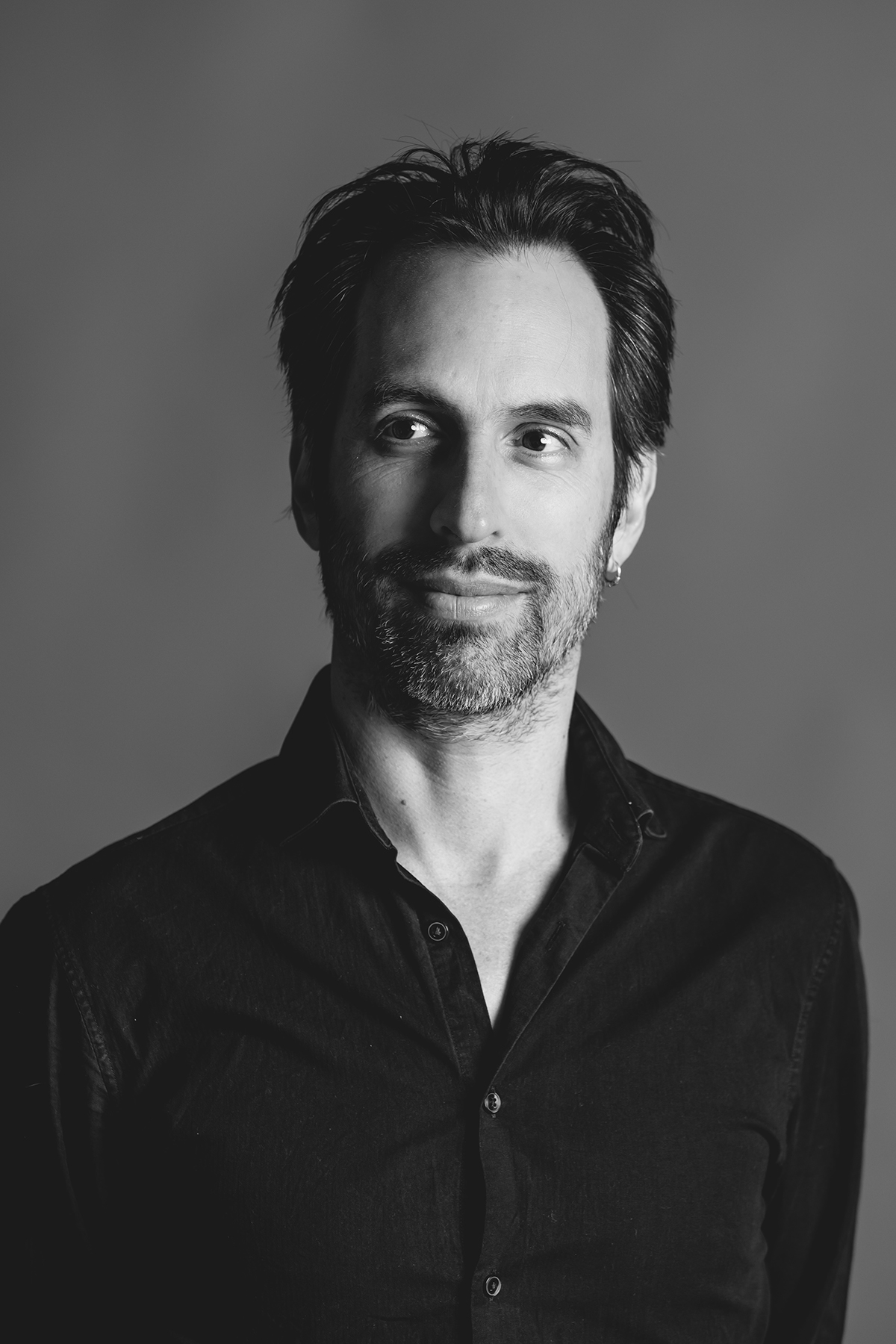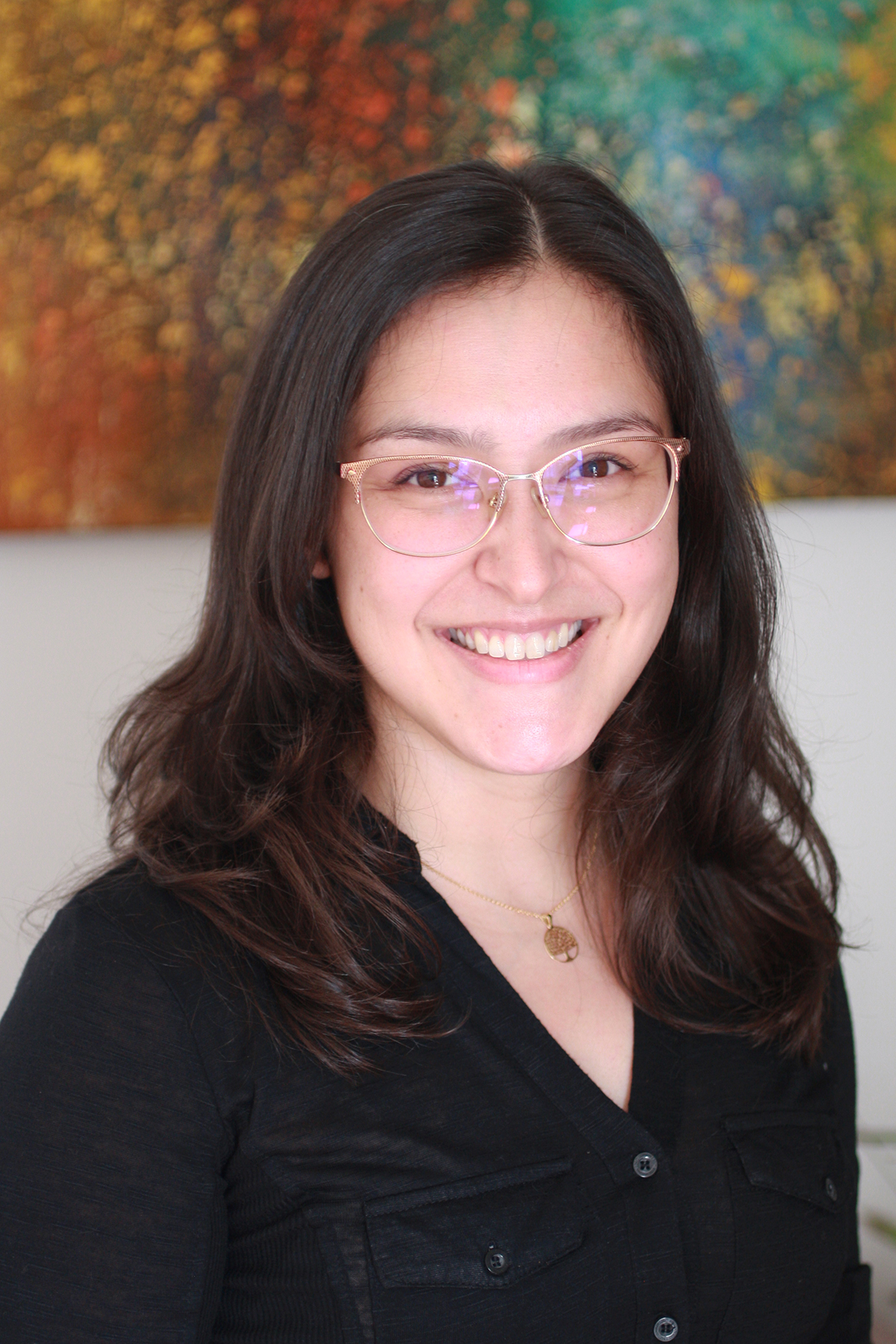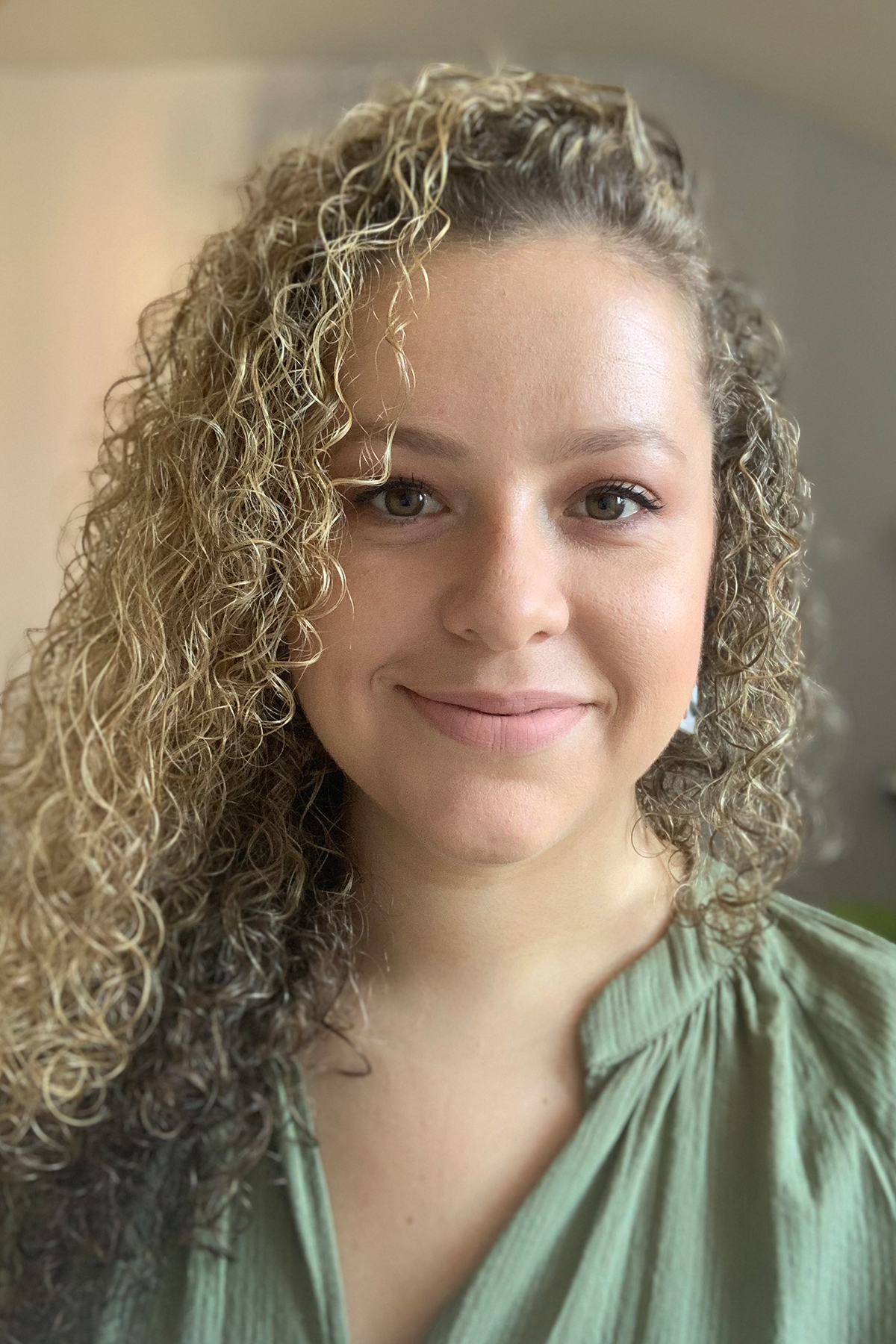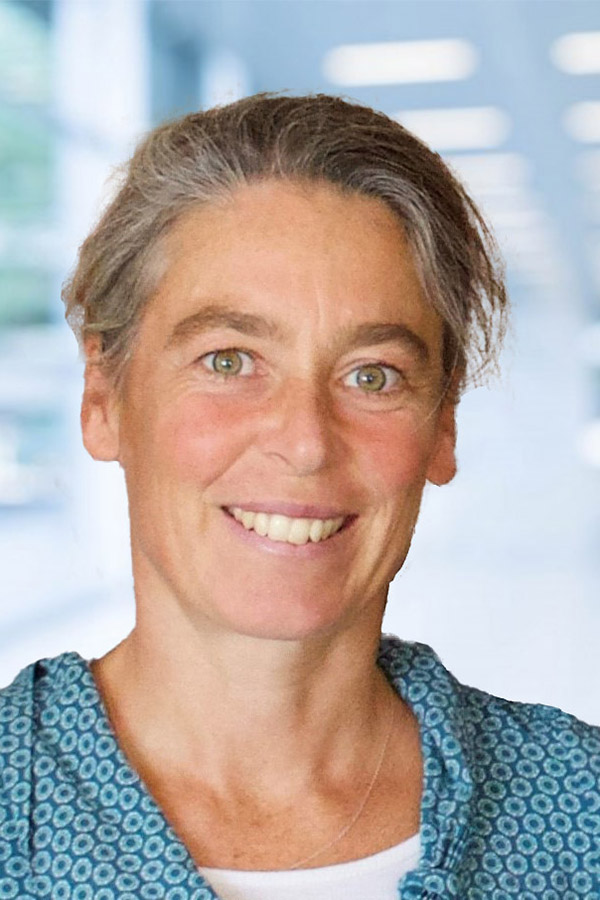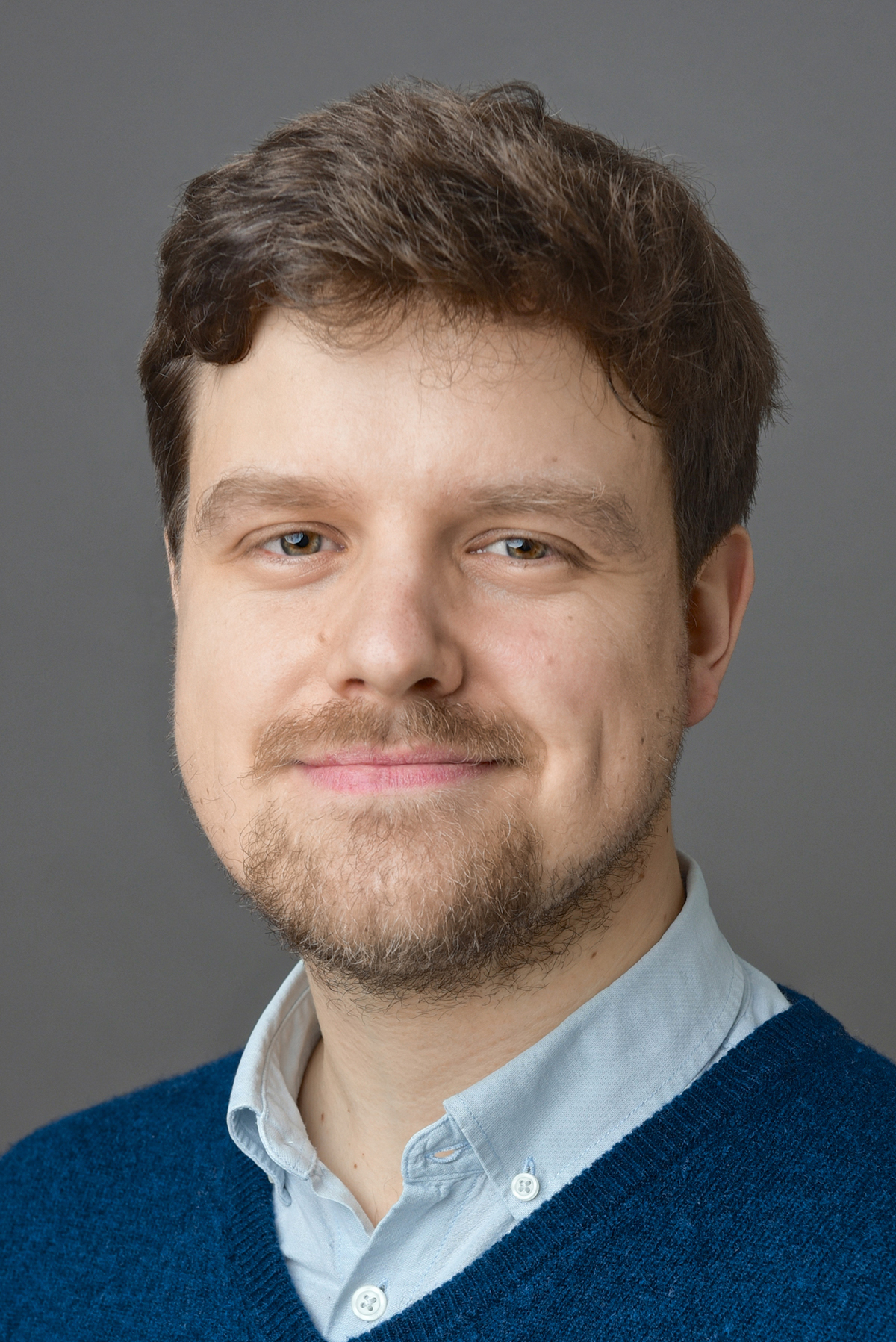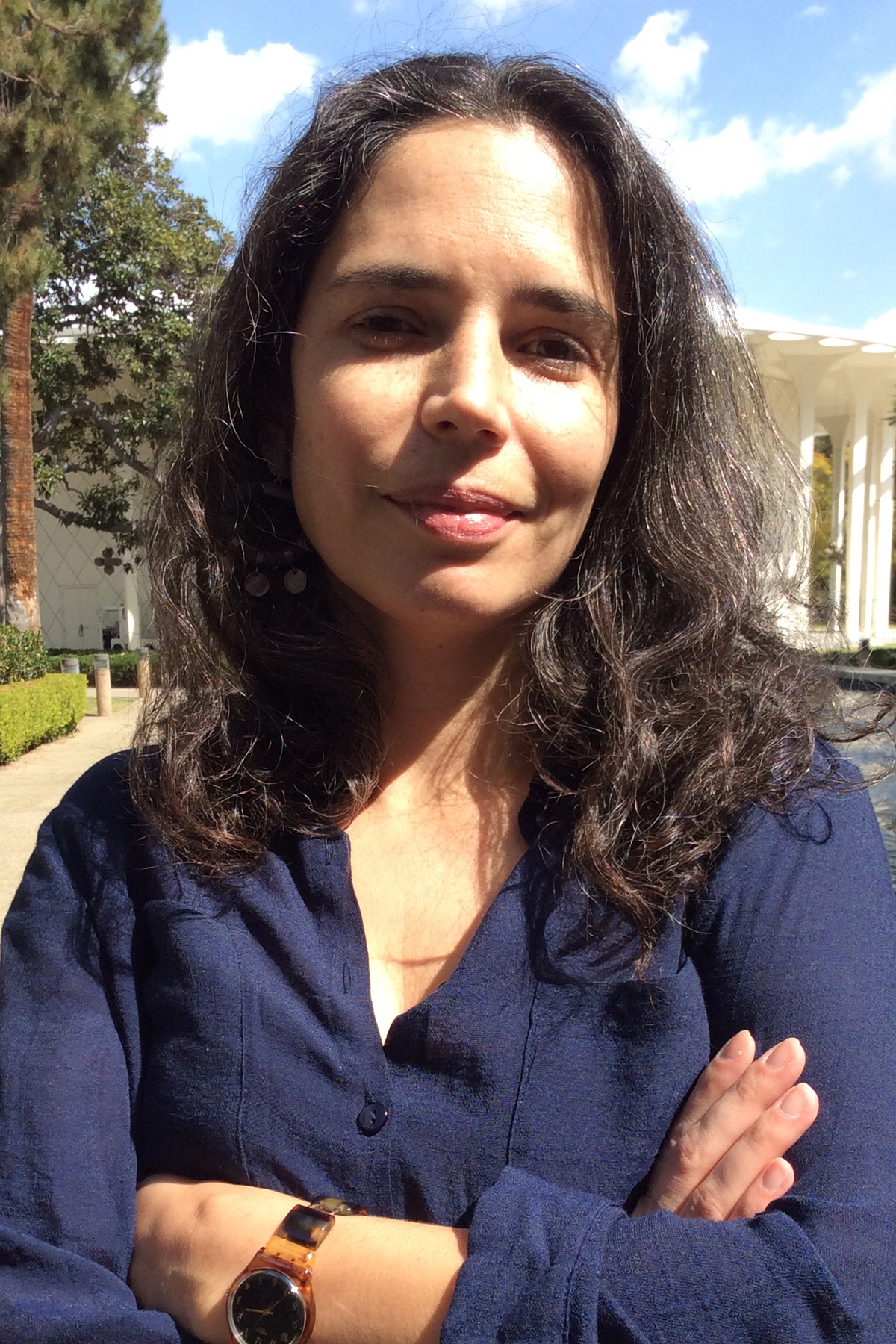The University of Bern welcomes seven Marie Skłodowska-Curie Fellows
This year, seven researchers are visiting the University of Bern as Marie Skłodowska-Curie Fellows. The "Marie Skłodowska-Curie Individual Fellowships" are an opportunity for experienced researchers to advance their career with a stay in a foreign country.
Each year, the European Commission offers experienced researchers the opportunity to further advance their academic career with a two-year research stay at a university in Europe. The "Marie Skłodowska-Curie Individual Fellowships" are directed to postdoctoral researchers all over the world and are funded by the “Horizon 2020” European research program.
The program supports the quality of the education and career development of the researchers by providing them with the opportunity to complete a research project at a university abroad. The project is completed with the assistance of a supervisor in the respective subject area who supports the researchers. In 2021, the University of Bern is welcoming seven Fellows and offering them an excellent environment for the next step in their career.
A broad area of research
The four female and three male researchers who are visiting the University of Bern with a Marie Skłodowska-Curie Fellowship are from various areas of research and a variety of world regions, from Europe, to South Africa, through to Chile. "This is a sign of the degree to which the excellence of the University of Bern in the areas of research and teaching is acknowledged internationally," says Daniel Candinas, Vice-Rector for Research at the University of Bern. Of the seven researchers, five will come to the University of Bern for two years. Two researchers are going to North America for two years on a so-called "Global Fellowship" and will then return to the University of Bern for one year.
List of Marie Skłodowska-Curie Fellows at the University of Bern
The University of Bern welcomes seven Marie Skłodowska-Curie Fellows this year. Below you will find short descriptions of the projects of the seven researchers.
Dr. Luis Velasco-Pufleau, Global Fellowship
McGill University, Montreal, Canada /
Institute of Musicology and Walter Benjamin Kolleg
University of Bern
luis.velasco-pufleau@wbkolleg.unibe.ch
Supervisor: Prof. Dr. Britta Sweers / Prof. Dr. Robert Hasegawa
Project title: Political Ontologies of Music: Rethinking the Relationship between Music and Politics in the Twenty-First Century (ONTOMUSIC)
How can music create new ways of making sense of the common world? How do composers make audible their ethical concerns – such as human rights, environmental issues and social justice – through their compositional and performance practices? ONTOMUSIC provides an innovative and interdisciplinary theoretical framework to analyse the political and ethical dimension of contemporary art music in the twenty-first century. Its goal is to allow new research avenues on the relationship between music and political orders, advancing our understanding of how composers engage critically with the major ethical and political challenges facing our societies.
Dr. Adriana M. Jeckel
Institute of Plant Sciences
University of Bern
amjeckel@gmail.com
Supervisor: Prof. Dr. Matthias Erb
Project title: Biological Impact of Benzoxazinoid Metabolization by a Specialist Root Herbivore (BISEM)
Some herbivores can sequester and use plant secondary metabolites for their own defense. Despite many examples of sequestration, the impact of these compounds on herbivore performance and natural enemy resistance is still not well understood, especially for root herbivores. The objective of this project is to investigate the impact of sequestered compounds on one of the main pests of maize, the western corn rootworm. To reach this aim, the project will combine mass spectrometry imaging with environmental RNAi and ecological assays. This project will shed light on the importance of plant defense sequestration for root-feeding insects, for plant-insect interactions, and for crop protection.
Dr. Therina du Toit
Department for BioMedical Research (DBMR)
University of Bern
therinadutoit@gmail.com
Supervisor: Prof. Dr. Michael Grössl
Project title: Tracing novel androgen pathways: deciphering the role of 16α -hydroxylation in human fetal biology (SHOXY)
Steroid hormones are vital in human fetal development and are metabolised by enzymes at critical stages during development, which includes the 16α-hydroxylation of androgens. While the contribution of only four 16α-hydroxy steroids to fetal biology has been reported to date, the 16α-hydroxylation of more androgens are likely. Applying high-resolution mass spectrometry platforms to identify novel 16α-hydroxylated androgens will allow for an in-depth investigation into the manner in which androgens are metabolised during fetal development, and in neonatal life. Thus SHOXY will characterise a novel steroid pathway in fetal biology, potentially important in human development in health and disease.
Dr. Elke Kellner, Global Fellowship
University of Arizona, Arizona, USA /
Wyss Academy for Nature
University of Bern
elke.kellner@wsl.ch
Supervisor: Prof. Dr. Peter Messerli
Project title: Sustainable resource governance under pressure: How to govern trade-off situations under global change (GOVTROFF)
Despite near-global consensus on Sustainable Development Goals and the Paris Agreement on Climate Change, unresolved and politically contentious trade-offs have undermined implementation. It is widely agreed that the goals will only be achieved if trade-offs are addressed and transformed. GOVTROFF aims to understand how complex multi-level trade-offs are managed in multi-actor, multi-interest governance systems. GOVTROFF develops a method, and applies it to three UNESCO World Heritage Sites: Grand Canyon, Yosemite Park, and Jungfrau-Aletsch. The goal is to provide policy makers with effective design principles for how complex trade-off situations in resource management can be governed sustainably to meet emergent 21st century environmental and social threats.
Dr. Christoph Pretzer
Institute of Classical Philology
University of Bern
christoph.pretzer@wbkolleg.unibe.ch
Supervisor: Prof. Dr. Gerlinde Huber-Rebenich
Project title: The Fall of Acre and the Lamenting of Biblical and Ancient Cities in Medieval Literature and Historiography (CITYFALL)
The project examines Latin and vernacular texts dating from around the year 1300 which lament the loss of the city of Acre, the last outpost of the crusaders in the Levant, to the Egyptian Mamluks in the year 1291. CITYFALL will focus on how the ancient and Biblical discourse type of the city lament is used in medieval texts to frame the loss of Acre. The project will illustrate the way in which medieval authors bring aesthetic value to, make plausible, and rationalise by the means of literature and historiography an event which stands at odds with public expectations. In this respect, the objective of the examined texts is to come to terms with experiences of loss and grief, by reconstructing and making accessible again what has been lost in a new way. The purpose of this reconstruction is to provide textual building blocks for the creation of new cultural identities for medieval European audiences.
Dr. Frerk Pöppelmeier
Climate and Environmental Physics (CEP), Physics Institute and Oeschger Centre for Climate Change Research (OCCR)
University of Bern
frerk.poeppelmeier@climate.unibe.ch
Supervisor: Prof. Dr. Thomas F. Stocker
Project title: Comprehensive Climate Modeling of the Mid-Pleistocene Transition (CliMoTran)
About 1 million years ago Earth’s climate changed fundamentally. The absence of changes in the external forcing points to crucial shifts in internal feedback mechanisms between the ocean, atmosphere, and cryosphere. The CliMoTran project will shed light on the driving processes for this unique transition in Earth’s climate system through comprehensive climate modeling and climate information from marine sediments and Antarctic ice cores. New insights into this enigmatic transition will enhance our understanding of the climate system as a whole, and will help to improve predictions of future climate. This will thus aid the development of effective adaptation and mitigation strategies to anthropogenic climate change.
Dr. María Constanza Maldifassi
Institute of Biochemistry and Molecular Medicine
University of Bern
maria.maldifassi@ibmm.unibe.ch
Supervisor: Prof. Dr. Christine Peinelt
Project title: Nicotinic Acetylcholine Receptors nAChRs in Prostate and Colon Cell Cancer: pharmacology, mechanism, cellular (mal)function (AChRs-CRC-PCa)
Nicotine together with other tobacco-derived compounds activate nicotinic acetylcholine receptors nAChRs, and thus contribute to nicotine mediated oncogenicity. But whether nAChRs are involved in the cellular malfunctions that occur in prostate and colon cancer is not fully known. AChRs-CRC-PCa aims to better understand how diverse tobacco-derived molecules induce or contribute to colon and prostate cancer, and add to chemotherapy resistance. Our project will advance the understanding of molecular mechanisms involved in prostate and colon cancer, and unravel novel therapeutic targets for both cancer types.
2021/05/06

